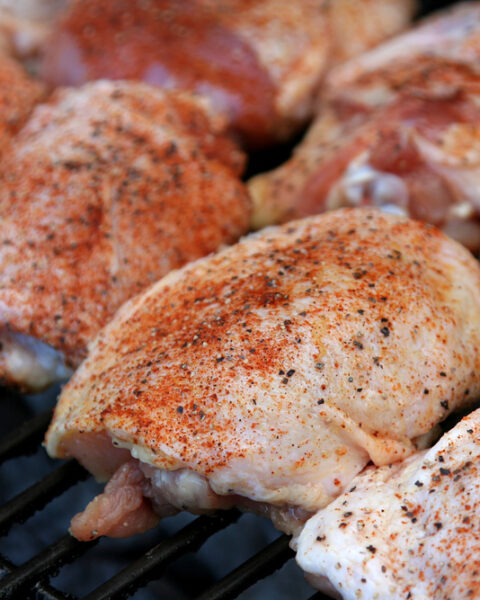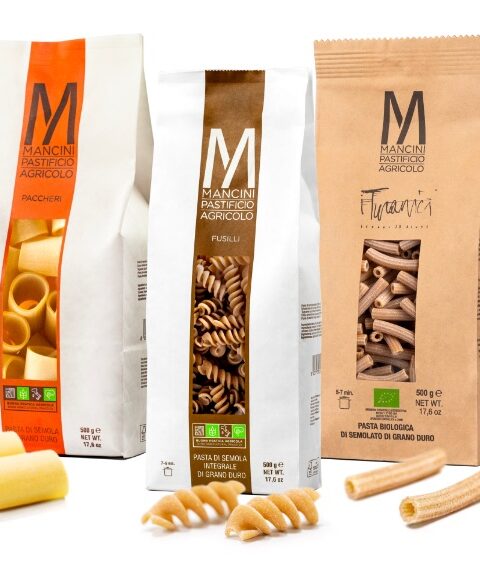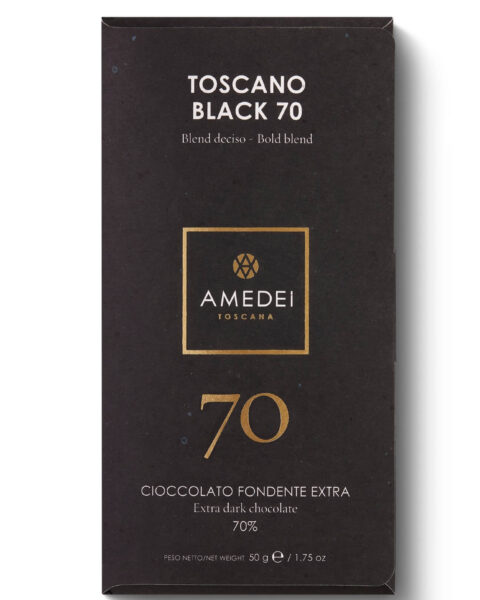Ever find yourself scrolling through international food blogs and wondering what culinary delights the rest of the world is savoring that you might never get to try? Some foods can be too wild for the U.S. to handle. We’re talking about international treats and dishes that make you go, “Wait, what?” These international treats and dishes have been banned for various reasons, from safety concerns to strict food regulations.
Contents
- 1 Haggis (Scotland)
- 2 Kinder Surprise (Germany)
- 3 Casu Marzu (Italy)
- 4 Ackee Fruit (Jamaica)
- 5 Horse Meat (Various Countries)
- 6 Black Pudding (UK and Ireland)
- 7 Beluga Caviar (Caspian Sea)
- 8 Unpasteurized Cheese (France)
- 9 Fugu (Japan)
- 10 Redfish (Various Countries)
- 11 Queen Conch (Caribbean)
- 12 Pig’s Blood Cake (Taiwan)
- 13 Bushmeat (Africa)
- 14 Jelly Mini-Cups (Asia)
- 15 Wild Beluga (Russia)
- 16 Sea Turtles (Various Countries)
- 17 Mirabelle Plums (France)
- 18 More From RetailShout
- 19 14 Creative and Healthy Lunches Your Kids Will Look Forward To
- 20 14 Iced Tea Brands That Stand Out from the Rest
Haggis (Scotland)

Haggis, a traditional Scottish dish made from sheep’s heart, liver, and lungs, is banned in the U.S. due to the prohibition of sheep lung consumption. The USDA deems sheep lung unsafe because it can contain fluid, such as stomach acid, that can carry harmful bacteria. Despite its cultural significance in Scotland, the ban remains to protect U.S. consumers from potential health risks.
Kinder Surprise (Germany)
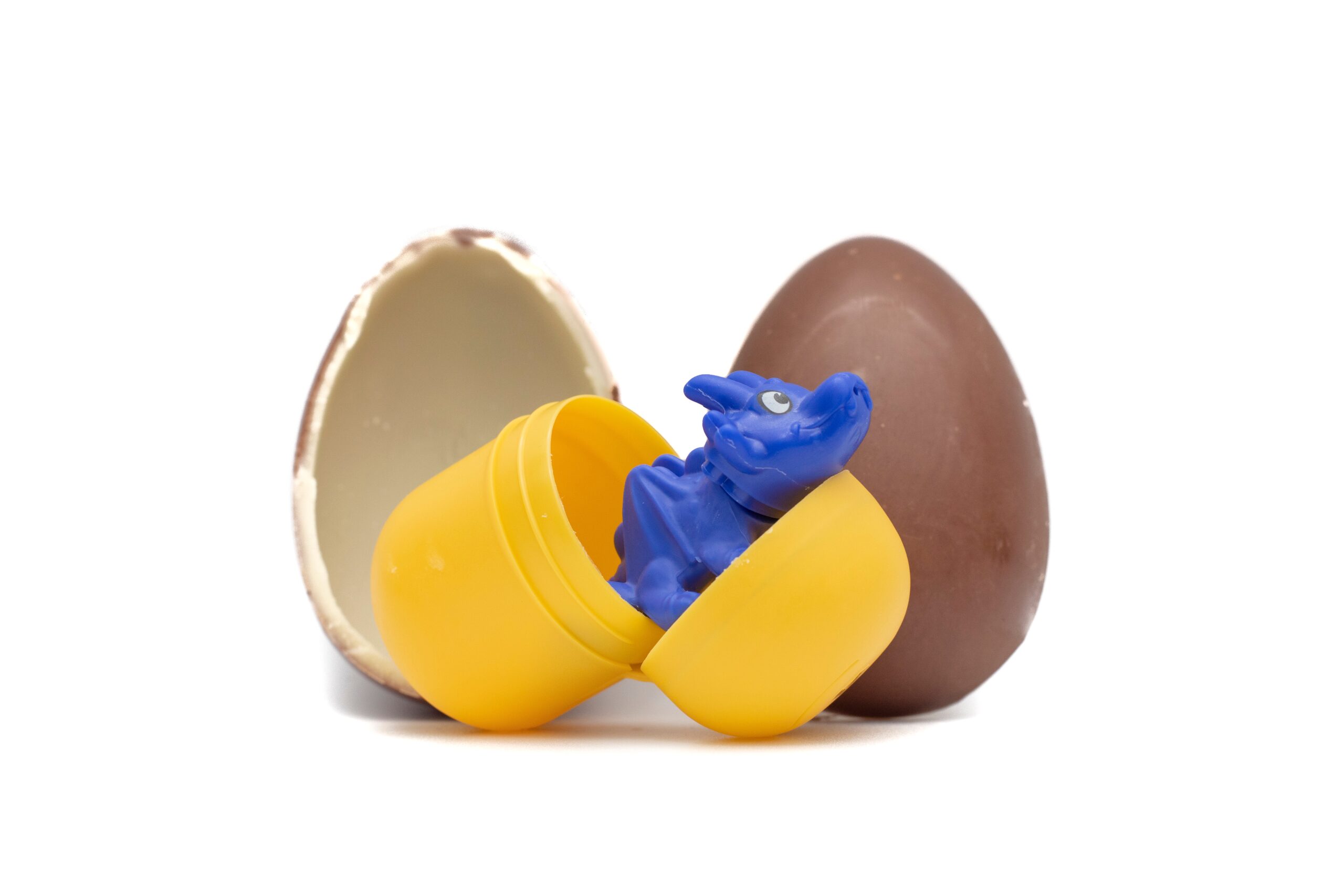
Kinder Surprise, a chocolate egg with a toy inside, is banned because the non-edible toy is embedded inside the edible chocolate. The FDA forbids non-food items from being encased in food to prevent choking hazards. Although popular worldwide, these chocolates are not available in the U.S. for safety reasons.
Casu Marzu (Italy)
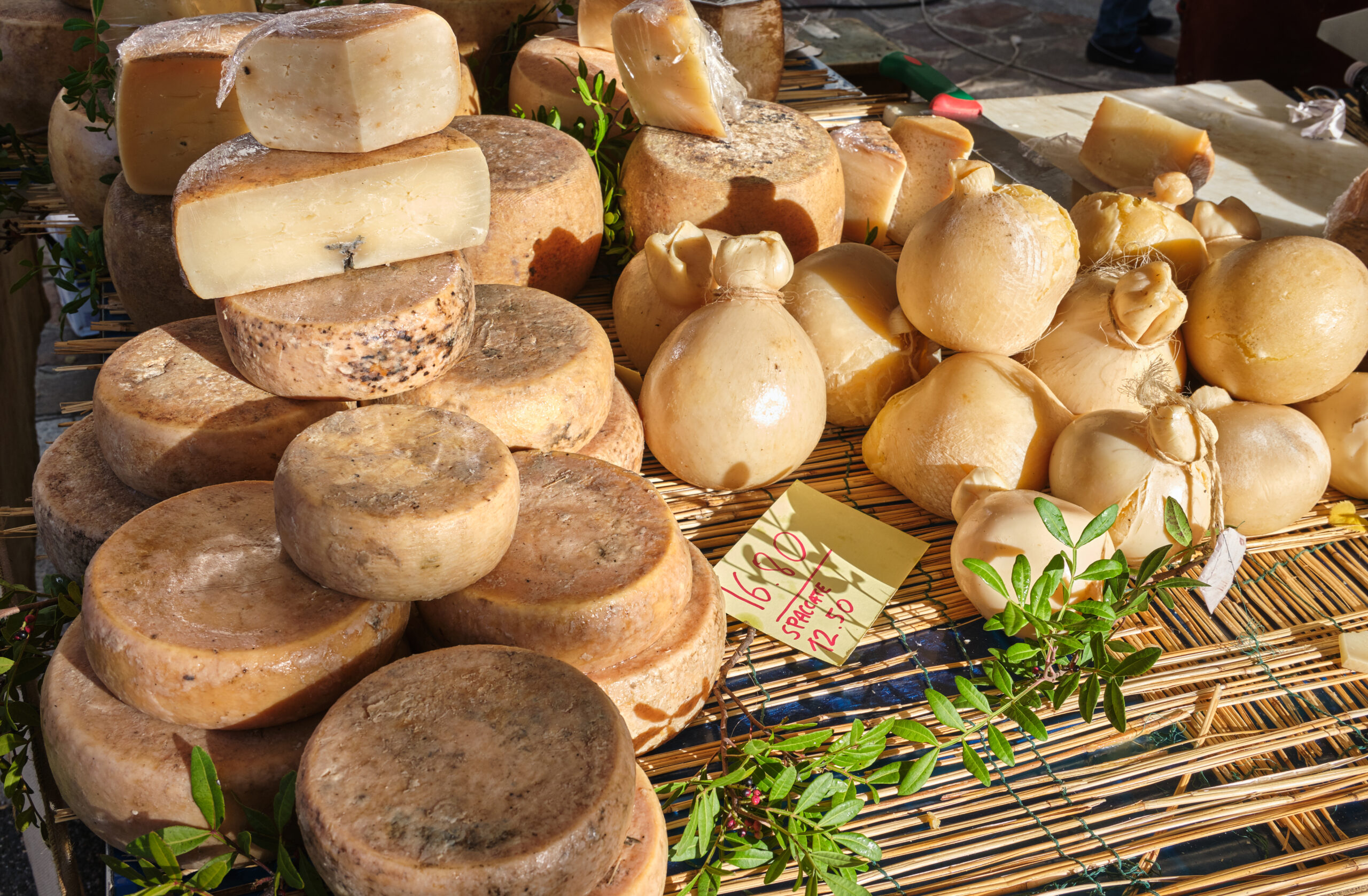
This Sardinian cheese is illegal in the U.S. due to its unique preparation involving live insect larvae. Casu Marzu is considered unsafe because the larvae can survive in the intestine and cause serious health issues. The cheese is highly prized in Sardinia but banned due to the significant health risks associated with consuming live larvae.
Ackee Fruit (Jamaica)
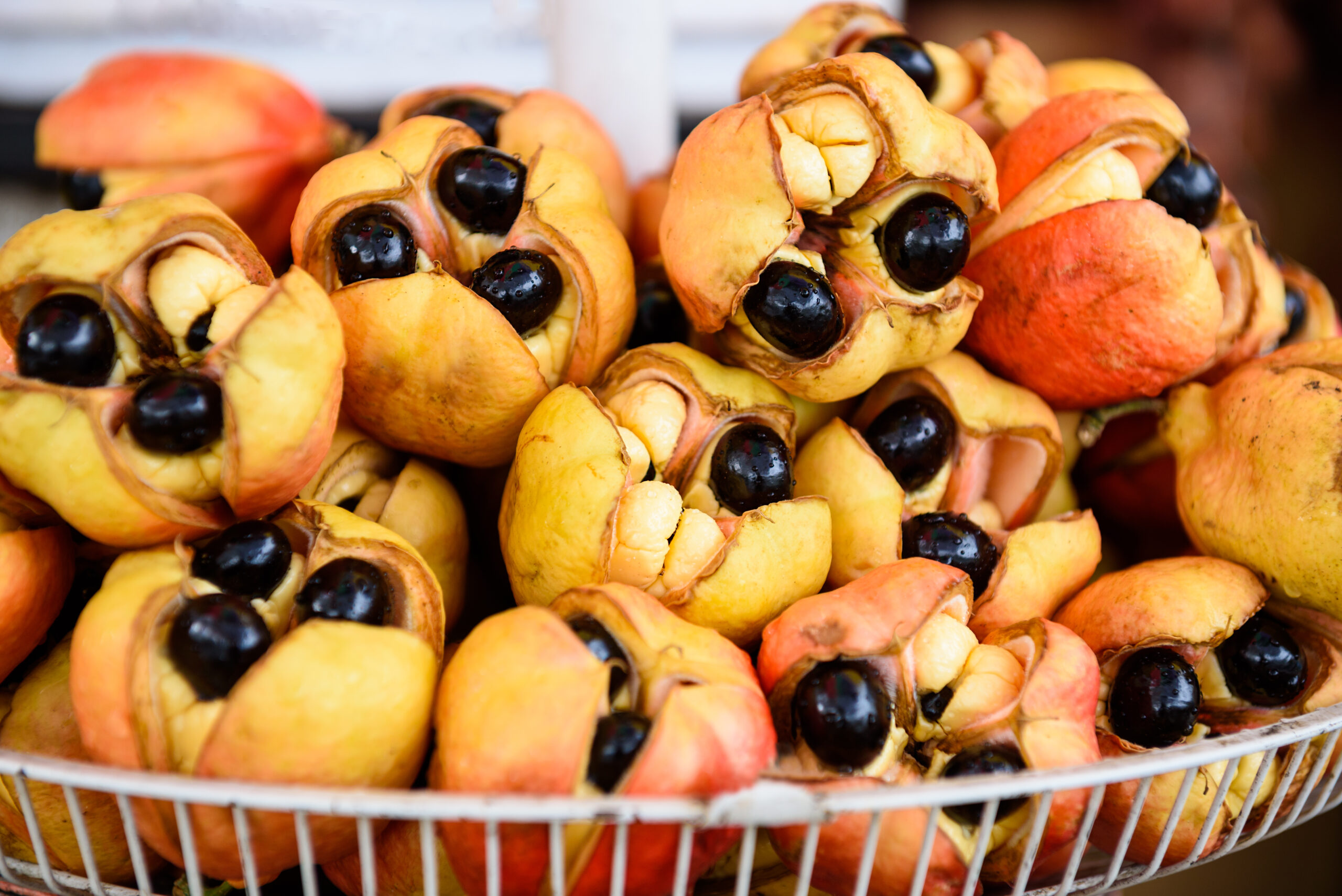
Ackee fruit is banned because its unripe parts contain hypoglycin A and B, toxins that can lead to severe vomiting and potentially fatal hypoglycemia. The import of ackee is restricted to prevent health risks. Only canned ackee, which has been processed to remove the toxins, is allowed in the U.S.
Horse Meat (Various Countries)
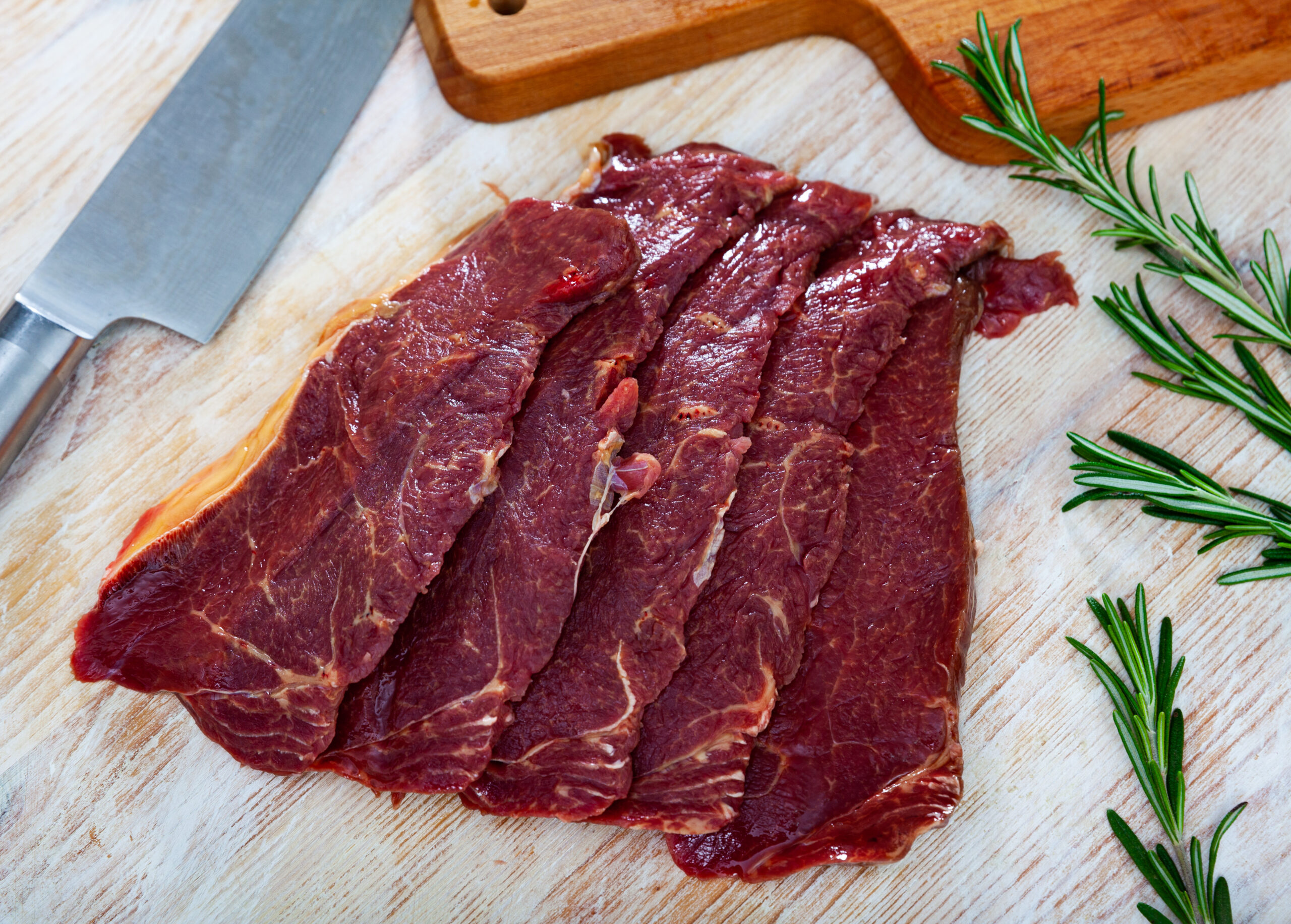
While common in many parts of Europe and Asia, horse meat is largely banned in the U.S. due to cultural taboos and regulatory hurdles. Slaughtering horses for meat is prohibited, effectively banning horse meat consumption. The few exceptions are tightly controlled, making horse meat rare in the U.S.
Black Pudding (UK and Ireland)

Black pudding, a type of blood sausage, is banned because the FDA restricts the import of foods containing animal blood. Concerns about disease transmission and contamination drive this regulation. Despite being a staple in British and Irish cuisine, it cannot be sold in the U.S.
Beluga Caviar (Caspian Sea)
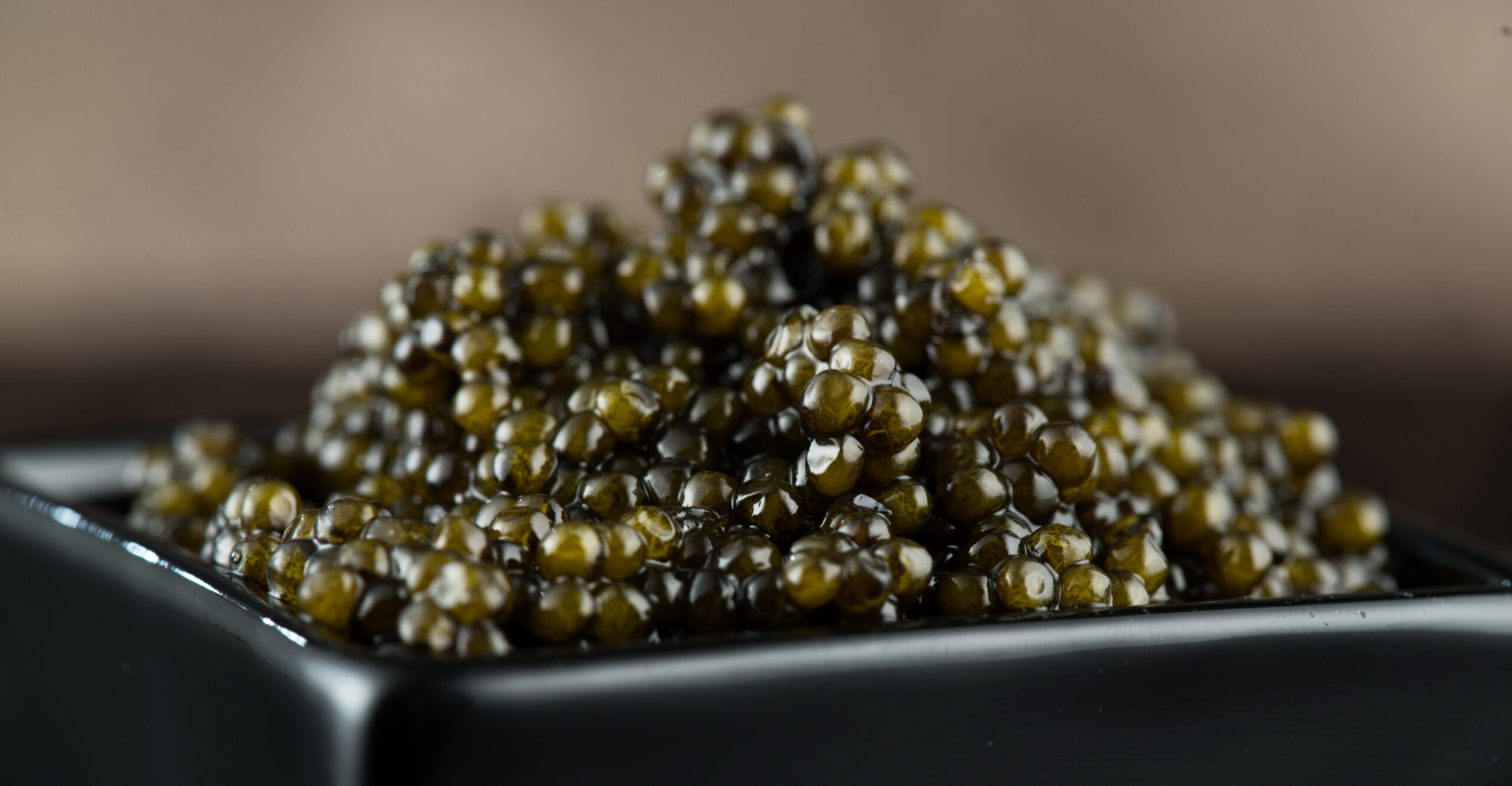
Beluga caviar is banned to protect the endangered Beluga sturgeon. The U.S. Fish and Wildlife Service listed the Beluga sturgeon as threatened under the Endangered Species Act, leading to the prohibition of its caviar. This luxurious delicacy is off-limits to American consumers to aid conservation efforts.
Unpasteurized Cheese (France)

Many traditional French cheeses, like Roquefort, are banned unless they are aged for at least 60 days. Unpasteurized cheeses are considered a risk due to potential contamination with harmful bacteria like Listeria. The aging process helps mitigate these risks, but many artisanal varieties remain banned.
Fugu (Japan)
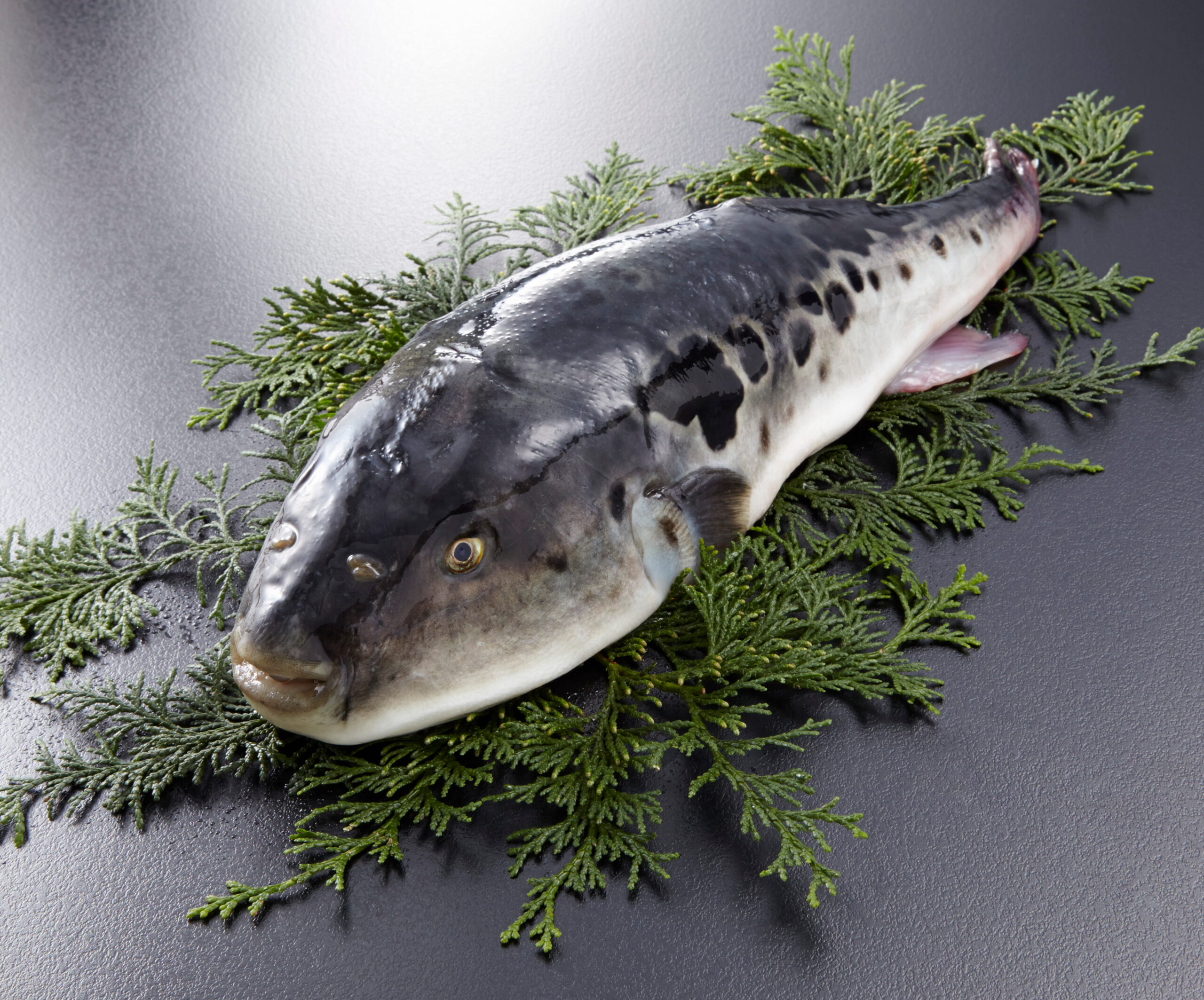
The highly toxic pufferfish, or fugu, is banned because of its potentially lethal tetrodotoxin. Only highly trained and licensed chefs can prepare fugu safely, and U.S. regulations do not accommodate this specialty. The fish’s liver, ovaries, and skin contain the toxin, making it too dangerous for general consumption.
Redfish (Various Countries)
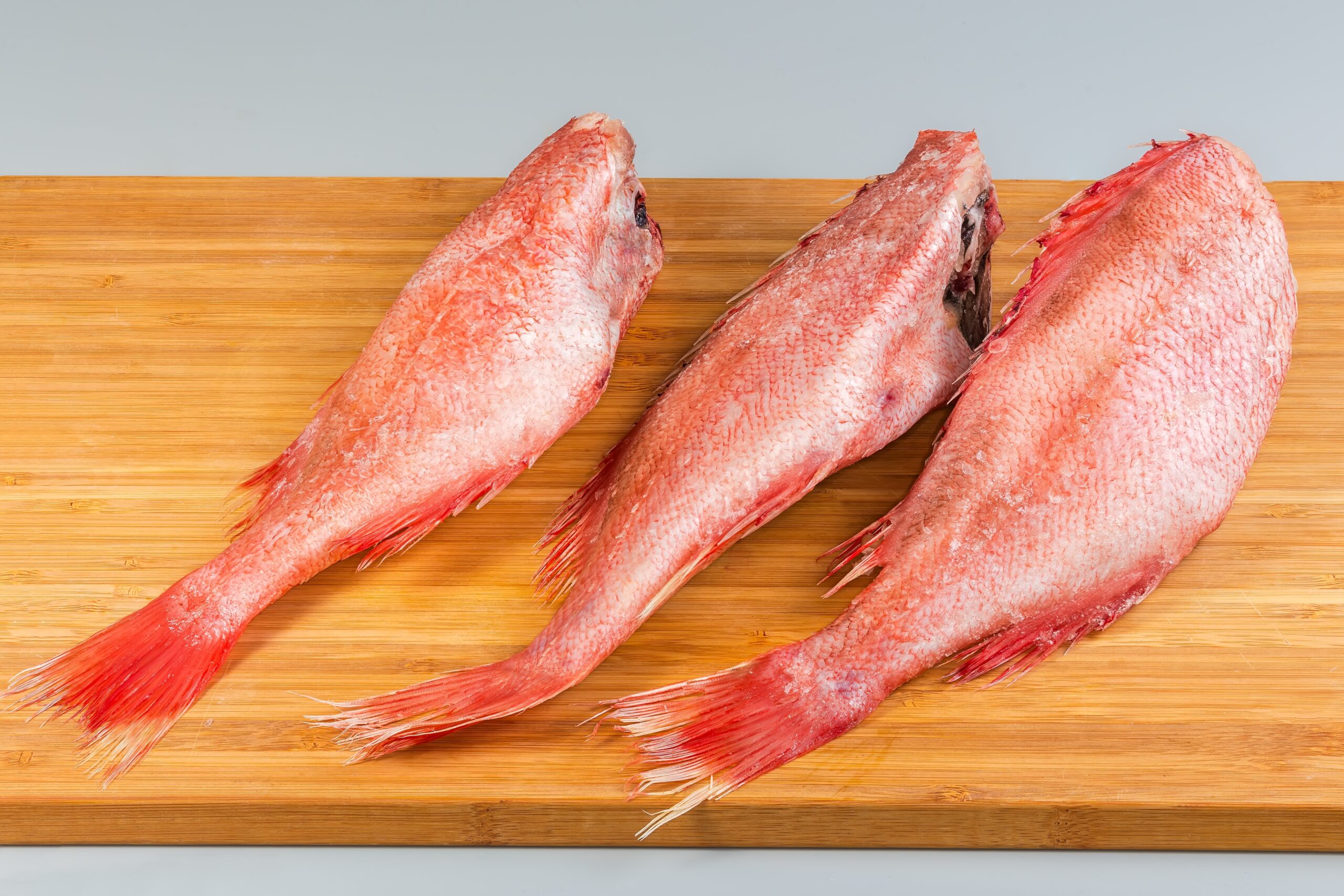
Redfish, or red drum, was overfished in the U.S., leading to strict fishing restrictions and a commercial ban. Although still enjoyed internationally, conservation efforts prevent its sale and importation in the U.S. The ban aims to help restore redfish populations in American waters.
Queen Conch (Caribbean)

Queen conch is banned due to overfishing and its status as an endangered species. Importation restrictions are in place to preserve its population and prevent illegal harvesting practices. This tropical mollusk is popular in Caribbean cuisine but is protected under U.S. law.
Pig’s Blood Cake (Taiwan)
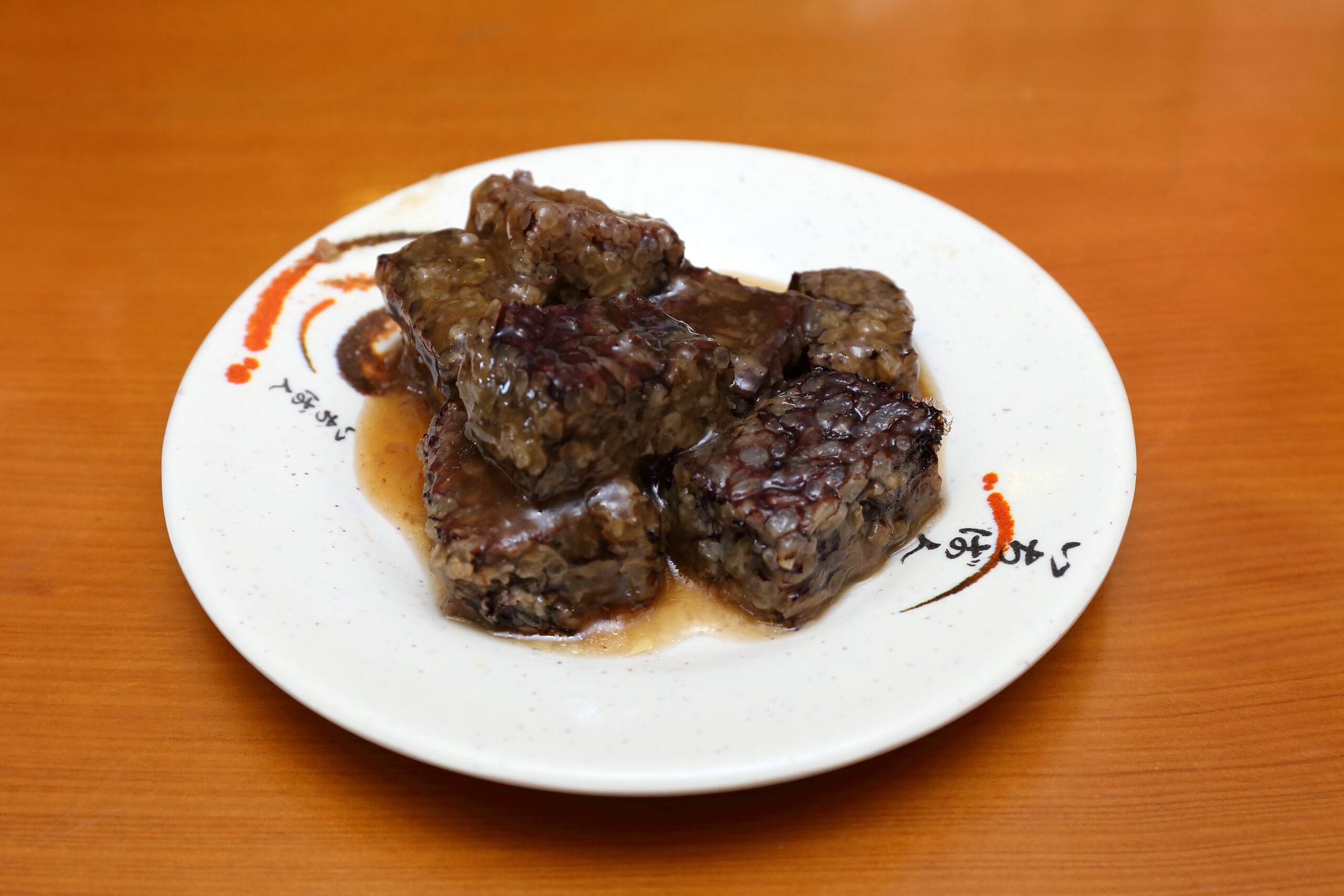
This Taiwanese street food made from pig’s blood and sticky rice is banned due to the FDA’s regulations against blood products. Concerns about blood-borne pathogens contribute to this prohibition. The dish, a common snack in Taiwan, cannot be legally imported or sold in the U.S.
Bushmeat (Africa)
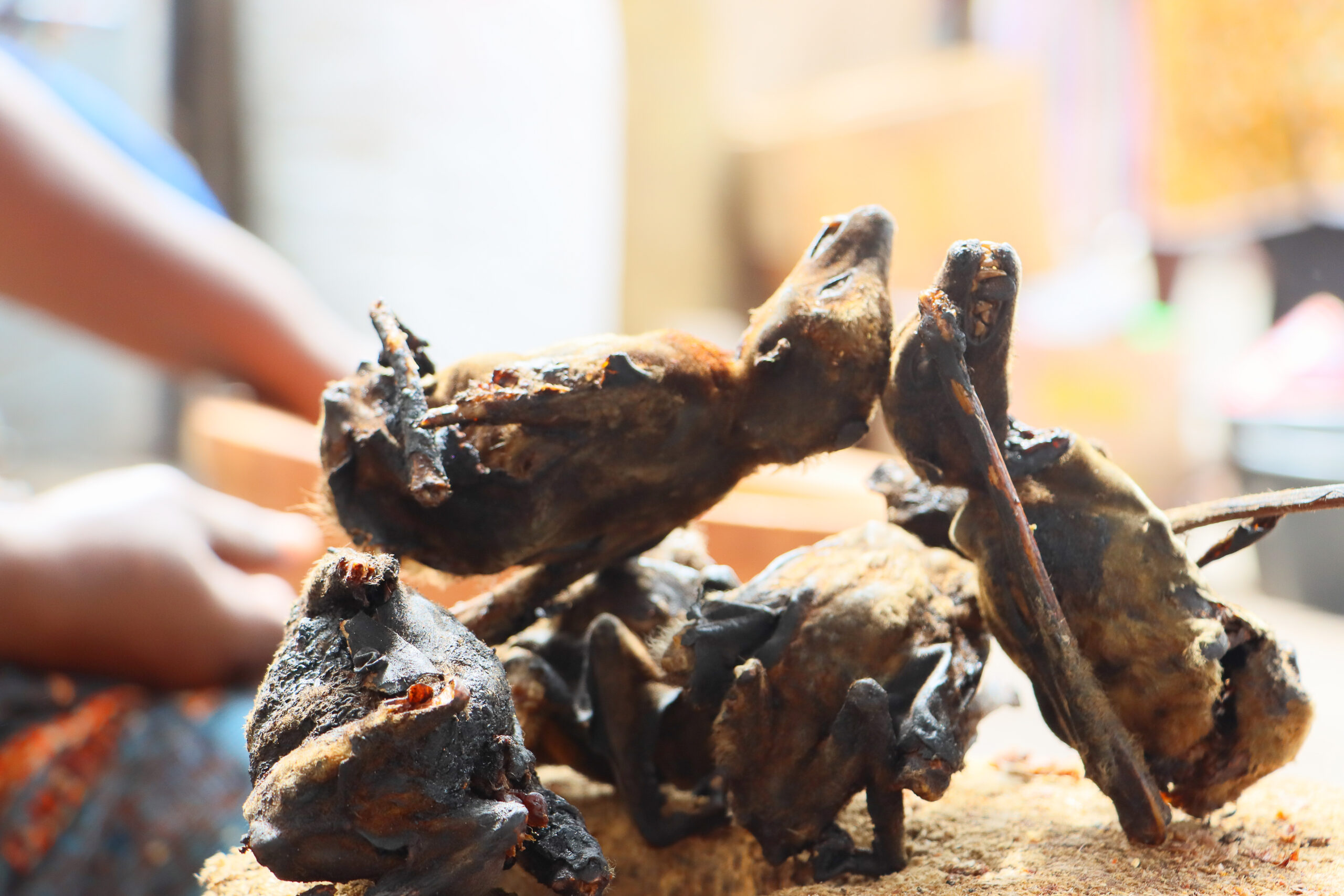
Bushmeat, including meat from wild animals like primates and bats, is banned due to the high risk of zoonotic diseases such as Ebola and HIV. The import of bushmeat is strictly controlled to prevent disease outbreaks. The U.S. aims to protect public health by prohibiting these potentially hazardous imports.
Jelly Mini-Cups (Asia)

These small jelly cups, popular in Asia, are banned due to their choking hazard, especially for children. The FDA has issued warnings and seizures to prevent their sale. The jelly’s consistency and packaging pose significant risks, leading to strict import regulations.
Wild Beluga (Russia)
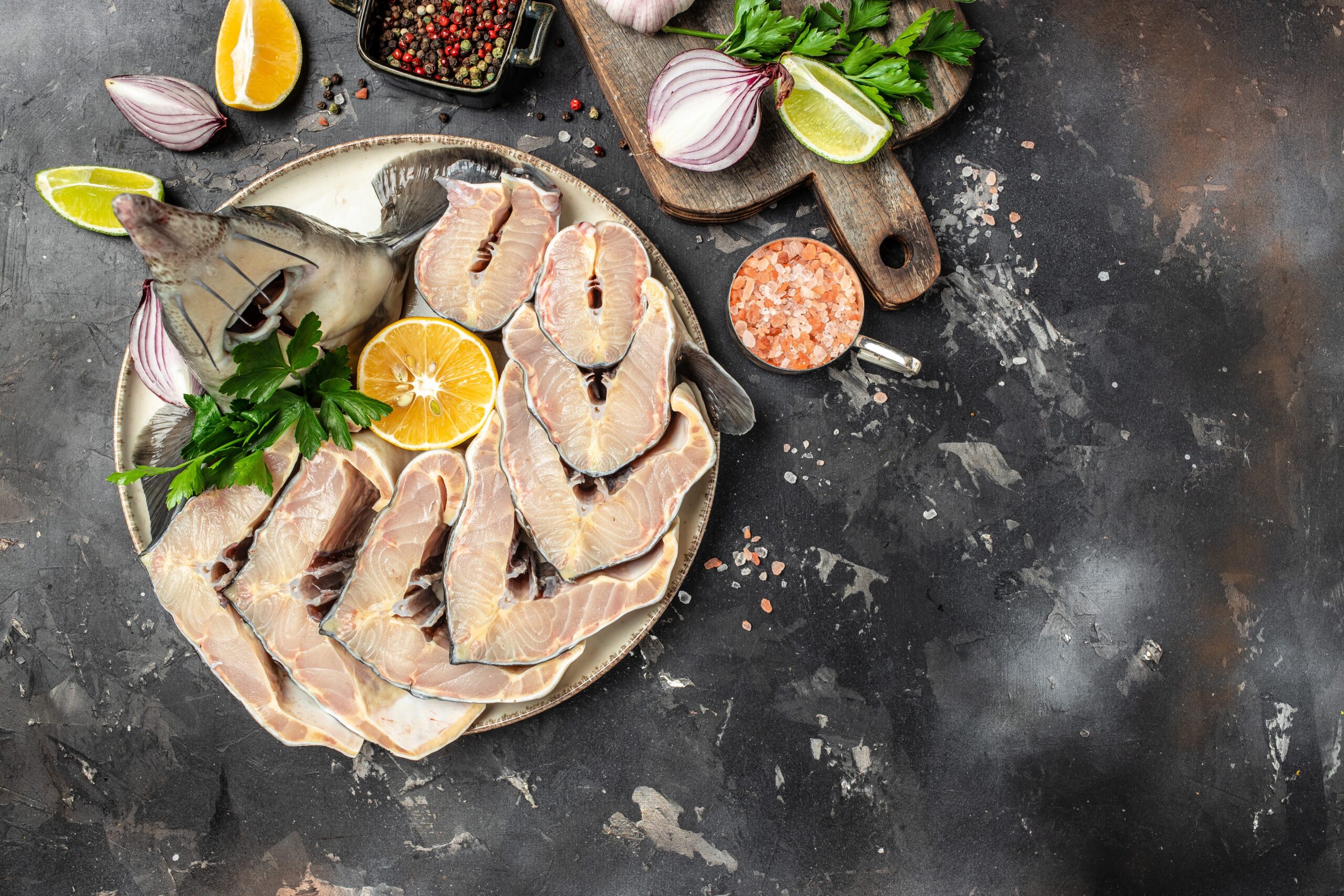
Beyond the caviar, the import of wild Beluga is banned to protect the species from extinction. Conservation efforts aim to restore the population of this overfished species. The ban helps support international efforts to save the Beluga sturgeon from further decline.
Sea Turtles (Various Countries)
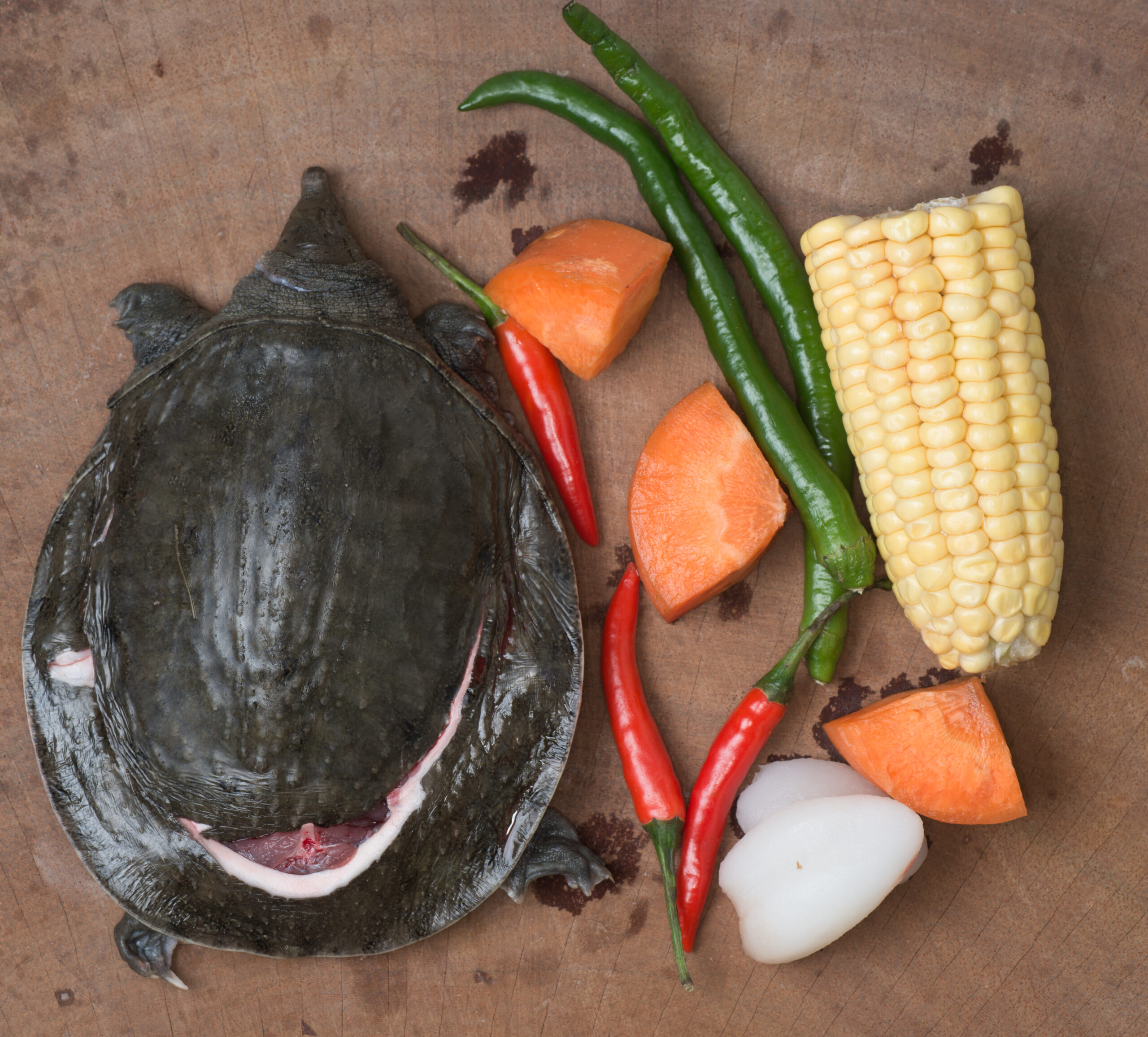
Sea turtle meat and eggs are banned under the Endangered Species Act. Overharvesting and illegal trade have led to significant declines in sea turtle populations, prompting strict protections. These regulations help ensure the survival of these threatened marine animals.
Mirabelle Plums (France)
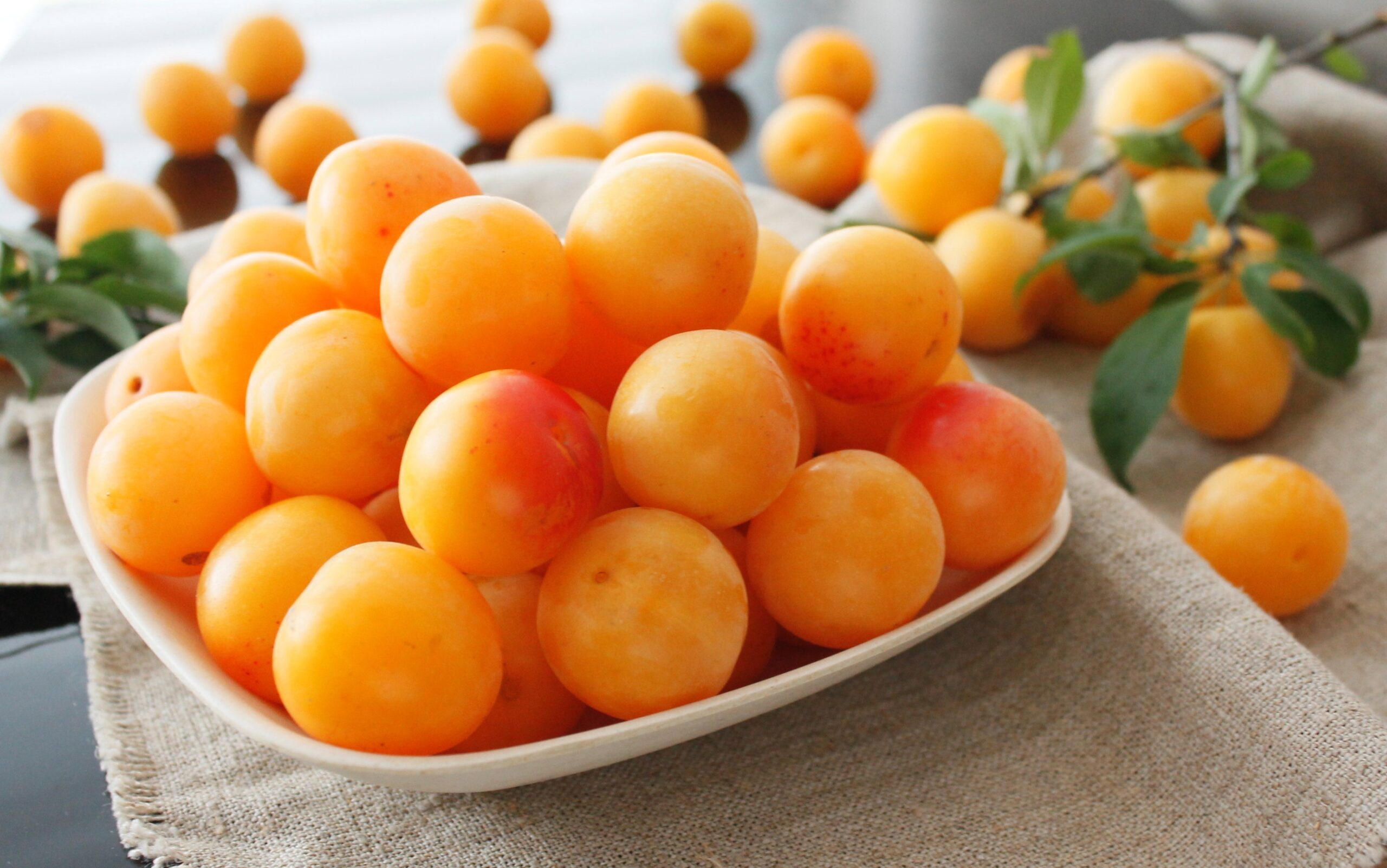
These small French plums are banned because they are protected by the European Union’s geographical indication. Export restrictions and stringent U.S. import laws keep them off American shelves. Only products from the Lorraine region of France can be labeled as Mirabelle plums.
This article originally appeared on RetailShout.
More From RetailShout
14 Bulk Products That Don’t Deliver on Flavor or Value
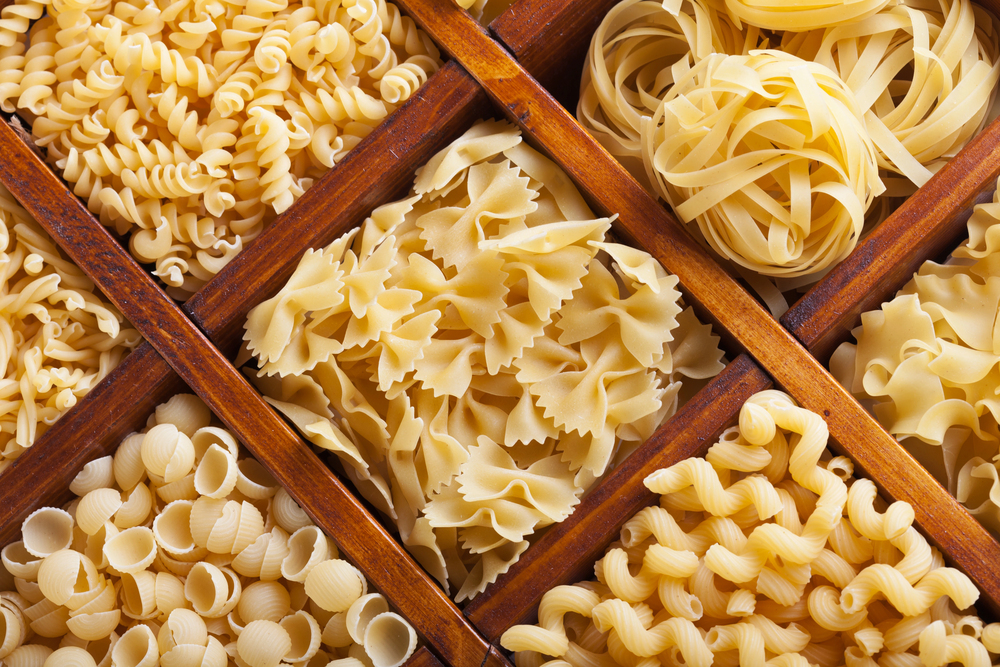
Buying in bulk can seem like a great way to save money, but not every large-sized product is a good deal. While the price tag might look tempting, the flavor or quality of some items just doesn’t hold up. Read More.
14 Creative and Healthy Lunches Your Kids Will Look Forward To

Making sure your kids have healthy lunches is important for their growth and energy throughout the day. Here are 15 great options that are not only nutritious but also delicious and easy to prepare. Read More.
14 Iced Tea Brands That Stand Out from the Rest
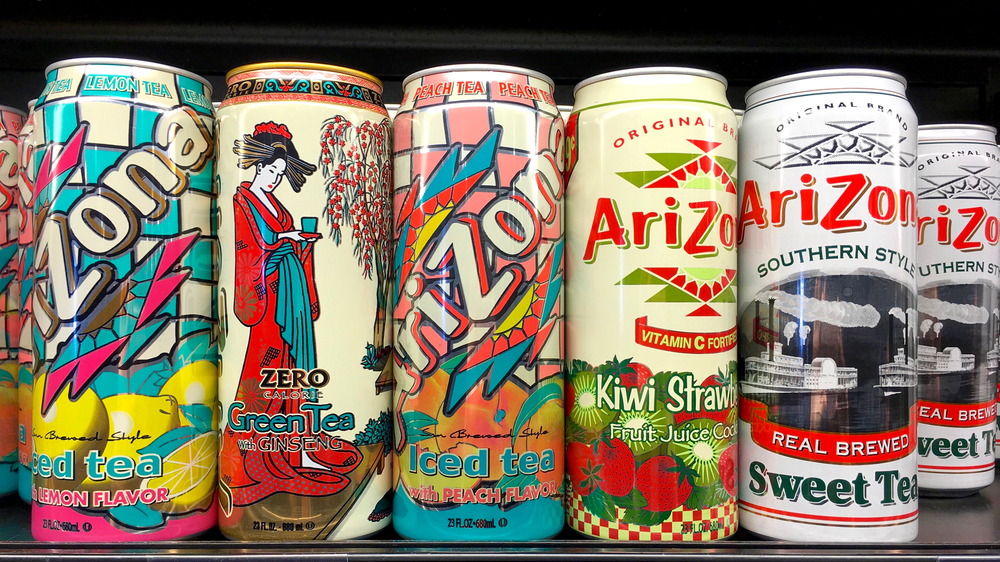
Iced tea is a refreshing and delicious drink, perfect for any time of the year. Whether you like it sweet, unsweetened, or flavored, there’s an iced tea brand out there that will suit your taste. Read More.

